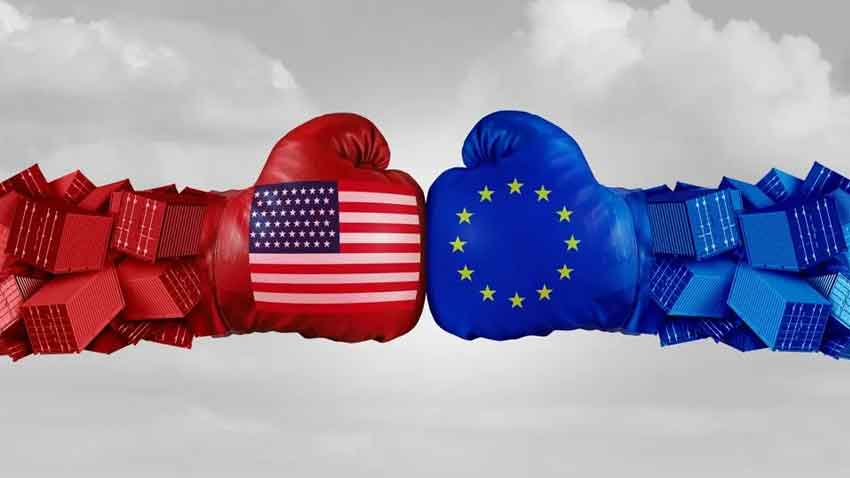
According to American media reports, Germany, France, the Netherlands, and Italy have decided to move their gold back from the United States. Many of these European nations have kept their gold in American central banks for decades, believing it was the safest option.
Reports reveal that President Trump’s controversial moves are seen as efforts to turn the US Federal Reserve into a political tool. Experts fear that he could use gold reserves as a ‘political weapon’ at any moment, which has alarmed European leaders.
Germany has kept 37 percent of its gold reserves in US central banks, while Italy holds 43 percent of its gold with the US Federal Reserve. This heavy dependence now looks risky to them.
Meanwhile, France and the Netherlands have already started practical steps to bring their gold home. Some shipments have already been completed, reflecting how serious they are about protecting their national assets.
Economic experts warn that if more countries decide to withdraw their gold from the US, it could have a massive impact on the global financial system. Confidence in the US dollar could take a big hit, shaking its position as the world’s most trusted reserve currency. In the future, this could raise questions about keeping international reserves tied to the US economy.
Read more: Italy’s massive visa plan and its ripple effects on Asian countries
This sudden move by European nations does not just reflect their growing distrust of American leadership; it also signals a possible shift towards a new global financial order. Countries may now prefer to keep their assets under their own control instead of relying on major world powers.
Europe’s demand to repatriate gold exposes a deepening crack in global financial trust. While the US dollar and its institutions have been the backbone of the world economy for decades, these actions suggest that times are changing. If this trend spreads, it could challenge the US economic dominance and encourage other nations to secure their reserves independently. Such steps might push the world towards a more multi-polar financial system where no single country can hold assets hostage or use them for political pressure.




